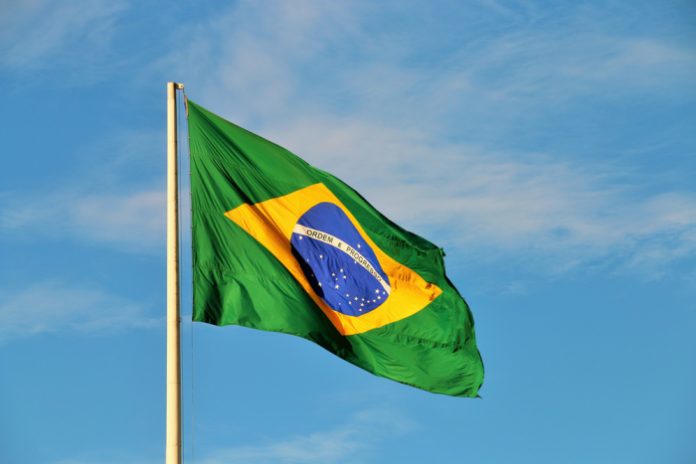Legislation put forward by the government of Brazil to regulate and launch a national betting and gaming market in the country have been met with a mixed response from the Brazilian Institute of Responsible Gaming (IBJR).
Signed off by President Lula da Silva earlier this week, ‘provisional measure No-1182’ has set out provisions for a nationally regulated betting market. This includes an increase in tax on licenced operators of 18%, prompting a negative response from the IBJR.
Andre Gelfi, President of the association, lambasted the new tax rate as one of the “highest tax burdens in the world”, adding that 18% on GGR is 260% higher than the current 5% rate.
He continued: “This burden concerns companies in the segment and should be viewed with scepticism by Brazilian society, as the entire economic chain derived from this sports betting sector must be impacted.
“Another consequence will be the growth of the parallel market, both physical and online, since companies that operate legally will be able to pass on costs to gamblers and they, in turn, tend to look for more attractive alternatives.”
The IBJR has been more welcoming of responsible gambling proposals, however. Licence holders will be required to promote responsible gambling to customers and guarantee data protection of consumers, whilst also working with police to counter match-fixing.
These measures will guarantee protection for players and also for the sport, the IBJR asserted. This comes as good news for the government, as the IBJR was founded back in March by nine international and local operators as a body to coordinate and promote responsible gambling policies ahead of much-anticipated regulation.
“The text brings positive points in relation to the guarantees of protection for players and also for the sport.” the IBJR’s statement continued.
“One of them is the ban on participation, directly or indirectly, by people under 18 years of age in betting or even people enrolled in the national credit protection registers – SPC and Serasa – in order to protect the most vulnerable people from financial losses.
“We also value the MP’s efforts to create guidelines for advertising in the sector, designating the National Advertising Self-Regulation Council (Conar) to supervise and regulate communication and marketing actions, in addition to carrying out a broad awareness campaign, so that sports betting be another entertainment opportunity for Brazilians.”
Rules around marketing and advertising have yet to be fully determined, with this responsibility held by the National Council for Advertising Self-Regulation (CONAR).
The measures proposed by President Lula are anything but final, however. Brazil’s Congress has 120 days to approve the legislation, but the bill may come up against a final intervention from Arthur Lira, the President of Brazil’s Chamber of Deputies, the lower house in Brazil’s political system.
Should the measures be fully approved and adopted by the legislature, Brazil’s national betting and gaming market is expected to launch in 2024.
Market launch is being highly anticipated by international and local betting companies, with Brazil widely regarded as having huge potential for sports betting. Some local lottery operators have already been making moves in the space, such as Loteria Mineira.



























